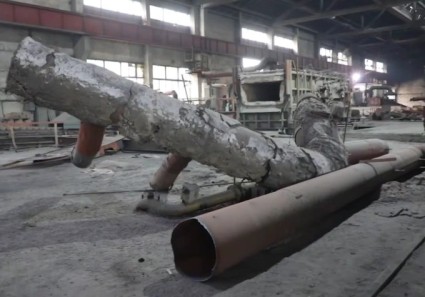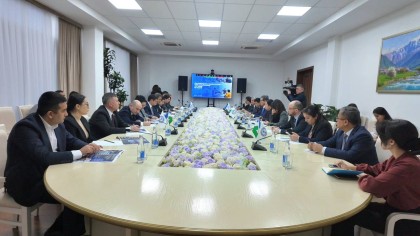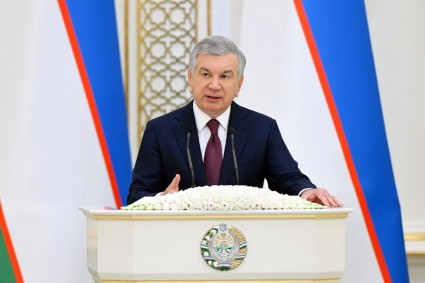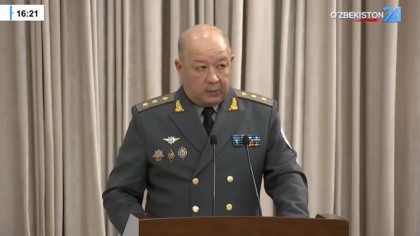On November 15, the President of Uzbekistan signed a new version of the Law on the Commissioner of Uzbekistan for Human Rights (Ombudsperson). The document has already taken effect.
The novelties are changes in the requirements for a candidate for the position of Ombudsperson. The age threshold has been increased from 25 to 30 years.
In addition, a restriction has been adopted on the re-election of one person to the position of Ombudsperson for more than two consecutive terms.
The new version clarified the principles of the Ombudsperson's work, which now include legality, independence, fairness, humanity, inadmissibility of discrimination, impartiality, and openness.
The most important addendum in the new version is that the Ombudsperson has received the right to apply measures of influence.
Previously, he/she could accept a complaint, familiarize himself with the circumstances of the problem, initiate an investigation based on the complaint, and finally issue his conclusion containing recommendations for restoring violated rights.
Now, the Ombudsperson can apply warnings, representations, petitions and demands as measures of influence.
The representation is subject to immediate consideration, and the Ombudsperson must be notified in writing of the measures taken no later than 15 days.
The Ombudsperson can also submit a petition to organizations to hold accountable persons whose actions (inactions) have been found to violate human rights and freedoms.
The Ombudsperson can submit a demand, which is mandatory for consideration by the relevant organizations in order to eliminate cases of torture identified during monitoring visits to places of detention of persons with limited freedom of movement, and to prevent these cases.
The demand is subject to prompt consideration, and the Ombudsperson must be notified in writing of the measures taken no later than 10 days.
The new version pays more attention to measures to prevent torture, including monitoring visits to places of detention of persons with limited freedom of movement by both the Ombudsperson and his deputy and regional representatives. It is separately stipulated that they can make such a visit at any time, without hindrance and without prior notice.
In addition, the Law provides for the creation of public groups under the Ombudsperson for the prevention of torture and other cruel, inhuman or degrading treatment or punishment.
According to the document, public groups should be formed from experts of national human rights institutions, representatives of non-governmental non-profit organizations and other civil society institutions. At least 40% of the members of the public group should be women.
Members of public groups cannot be forced to testify or in any way disclose circumstances that became known to them in connection with the performance of their duties. This guarantee applies even after a person leaves the public group.
The costs associated with the work of public groups are financed from the state budget.
The Law also establishes the possibility for those sentenced to imprisonment to contact the Ombudsperson through a box for appeals. They must be installed in each residential sector of penal institutions, in industrial zones, in premises intended for short-term and long-term visits.
The box can only be opened by the Ombudsperson or employees of his office at least once a month. The Ombudsperson or his employees have the right to freely enter penal institutions to receive appeals from the box.
In accordance with the updated Constitution of Uzbekistan, the Ombudsperson received the direct right of legislative initiative.














